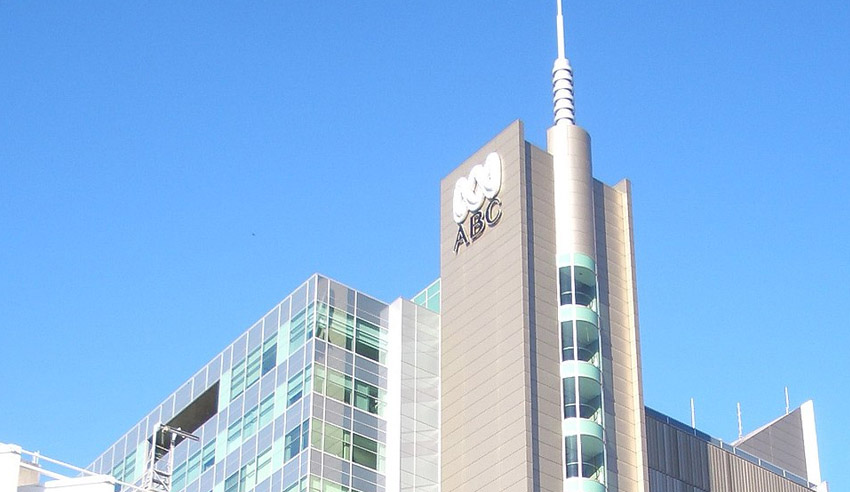In an upcoming defamation hearing, the ABC is preparing to argue that the former attorney-general was “reasonably suspected” of the brutal, historical rape of a 16-year-old girl and, among other things, will claim that although he was not named, Australians were entitled to know about allegations against senior ministers.

In a partly redacted defence, the Australian Broadcasting Corporation (ABC) and its journalist Louise Milligan have argued that the article carried contextual implications that held “reasonable grounds for suspecting that [Christian Porter] brutally and anally raped a 16-year-old girl,” which resulted in her taking her own life.
How much detail of the defence was going to be made public was in doubt following interlocutory orders made by Mr Porter and his legal team, led by Sydney barrister Sue Chrysanthou SC. Justice Margaret Jagot permitted three sections to be redacted but also allowed the remainder of the body to be published.
During a hearing on Friday, 7 May, Ms Chrysanthou told the Federal Court that Mr Porter only objected to the three sections from being made public but that he was fully supportive of the rest of the ABC’s defence to be published online. They may be released following a substantive interlocutory hearing in the coming week.
In a trial set to take up to six weeks, the ABC said truth will play a major role in its defence, as will its claim that Australians were entitled to know of the allegations against an unnamed cabinet minister. It has denied Mr Porter was identified in the article and that it was only until he identified himself during a tense media conference that the previous “class of ministers” suspected was narrowed down to just him.
“It must be accepted that when persons such as the applicant submit themselves for appointment to office during the pleasure of the Governor-General… they accept that their character and reputation is always subject to robust examination and criticism by the body of electors and other members of the community,” the defence read.
Additionally, the ABC will argue the article was published under implied freedom of political communication – the right of an electoral body to know how the minister and Mr Morrison would respond to such allegations – as well as qualified privilege, a form of public interest that requires publication to be reasonable in the circumstances.
In his reply, Mr Porter’s lawyers criticised the ABC for sidestepping the question of whether or not the cabinet minister was in fact guilty of rape and suggested that it was inconsistent of the ABC to have lobbied for an inquiry but then hide from the opportunity to attempt to prove the most damaging imputation of the article.
He wrote that there was insufficient objective evidence for there to be reasonable grounds to suspect him of the alleged offences and that in publishing the article, the ABC and Ms Milligan either knew or intended it would cause him “irreparable harm to his reputation” that would likely lead to him stepping down as Attorney-General.
He has sought aggravated damages and argued that the ABC and Ms Milligan maliciously published the article in a way that prevented material that could cast doubt on the victim’s claim and inappropriately call for an independent inquiry.
